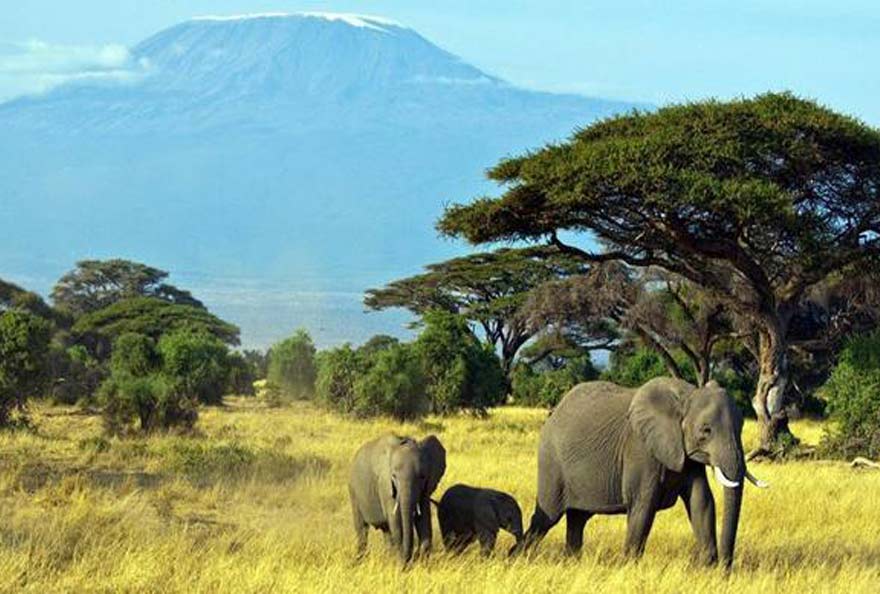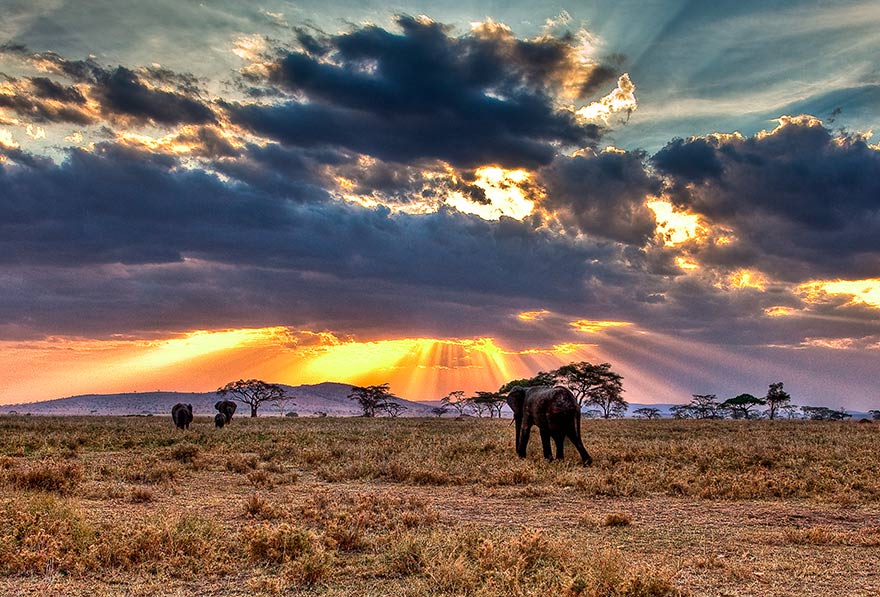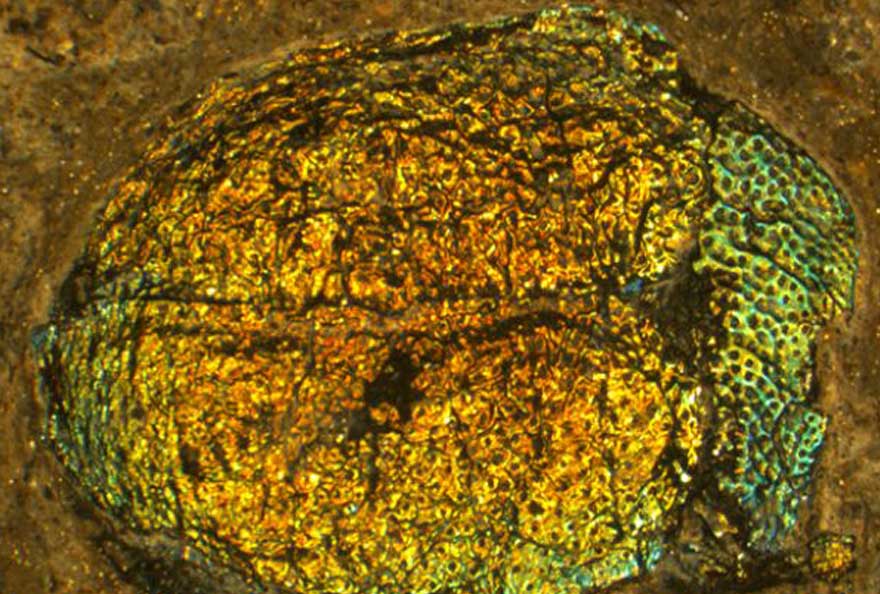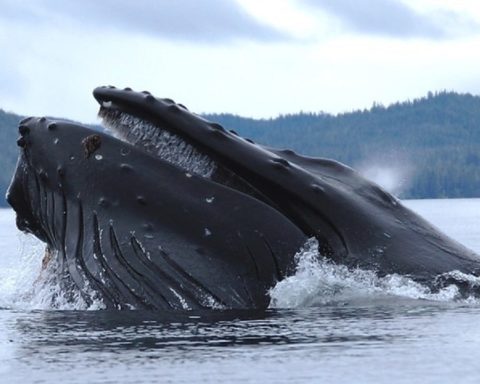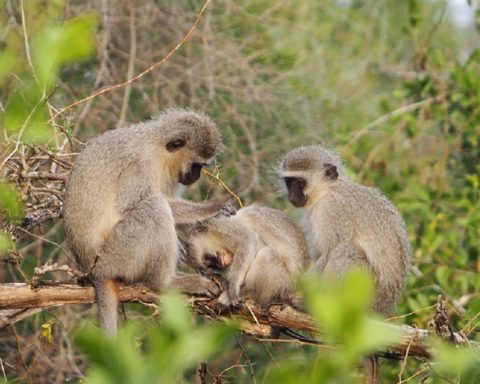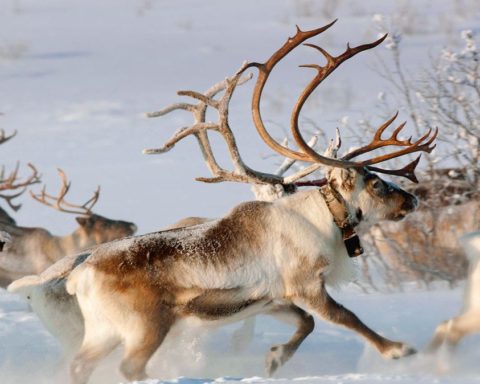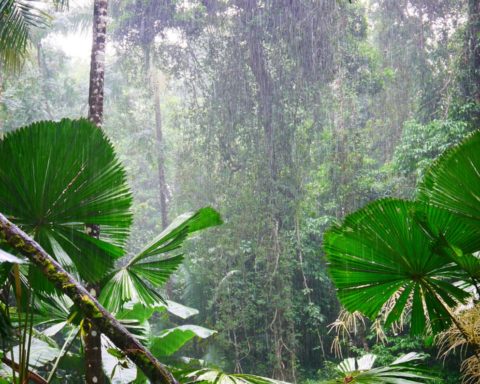The Tanzanian Wildlife Research Institute (TAWARI) has developed a UAV project to protect and guard against elephants in search of food. An innovation that could prevent many animal and farmer deaths and reconcile them to live in peace.
En Tanzania, conflicts between farmers and elephants are now being resolved by drones. The rangers of the Tanzanian National Park in the north of the country have laid down their weapons to equip themselves with joysticks!
In five years, the number of elephants has been halved: a drop of 63 % announced last June by the Tanzanian Ministry of Natural Resources and Tourism, for this 44,000 km² narrow-legged reserve, the largest one that was home to more than 100,000 elephants. Today, 15,000 elephants are thought to remain.
The criminal organizations and corruption s resurfaced in the mid-2000s, despite the ban on ivory trade in 1989.

But what is also a problem today is elephants entering farmland to find food. "The destruction of crops is catastrophic for these subsistence farmers, especially since they are not compensated when they lose their harvest."explains Jonathan Konuche, coordinator for Resolve in Tanzania, a U.S.-based organization working with Tanzanian authorities to test drones in the region, in an interview au Monde (August 2015).
Since April 2015, six UAVs have been on patrol, especially at night, specifically alerted by an emergency call number made available to farmers to warn them of an animal intrusion. This seems to work well because "Elephants are frightened by the sound of the propellers, which they probably associate with a swarm of bees." said one of the rangers trained in the handling of these devices.
It also allows them to be directed remotely to more secure spaces, away from people, and to allow for research work, such as censuses.
(Source: Emile Costard, contributor Le Monde Afrique - 2015)
Other drones are being put to work for biodiversity: to monitor whales, scientists have invented a drone capable of flying over the mammals to recover some of the steam blown out by their blowholes, in order to analyse it to detect viruses, bacteria, toxins, but also to examine their DNA and hormones to assess their reproductive cycle.

At Microsoft, it's mosquitoes that scientists are interested in: a project to capture these insects in order to analyze them in their environment and detect infectious diseases before they spread. This project, called "Premonition" is currently being tested. It also plans to position mosquito traps on the drones and then, via molecular biology and analysis of data in the clouds, to analyse the pathologies they carry.
If we win this "war" against mosquitoes, drones will be our heroes of tomorrow!


